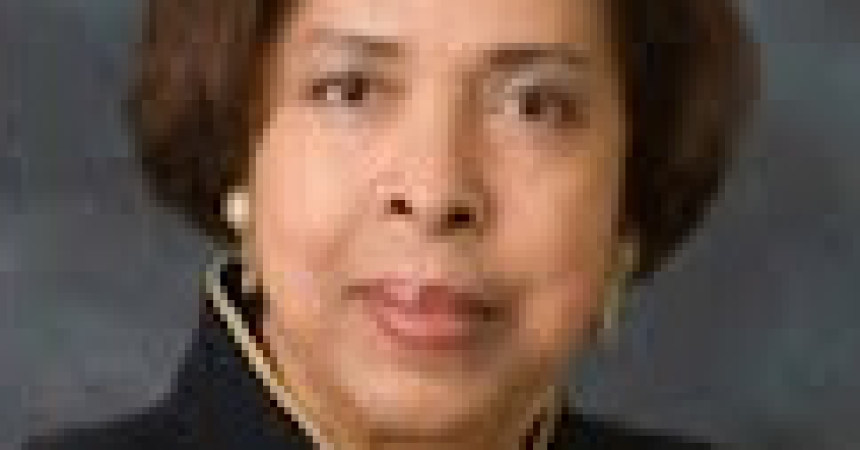
Our stories, our truth: Loving

By Dr. E. Faye Williams, Esq.
Trice Edney News Wire
In my first year of law school, I learned about the case, Loving v. Virginia. Having grown up in the south, the case didn’t surprise me. A three-tiered system was ‘normal’ in my home state of Louisiana. We had Black people, White people and mulattoes. Each rarely married outside of their own group. My family is multi-racial, so our arrangement seemed perfectly normal, although we certainly understood that many others didn’t agree.
Loving v. Virginia was fascinating because this case did not originate in the Deep South, but in a state many considered to be advanced in race relations. Little did we know!
A movie about the case will be in theaters soon, and, if you are in doubt about what real love is, this movie shows you. When you look at all of the hate and the continuing bigotry that is so prominent in the current presidential election, it’s easy to understand the significance of the mantra Love Trumps Hate!
Like the hoards of the ghostly that flood our consciousness during Halloween or in horror movies, racial hatred and intolerance seem to re-emerge from sinister recesses of our culture. In part, we’ve made this possible with attitudes of self-satisfaction and contentment. The Struggle continues and, in reality, has never ended. Thinking they have made it, too many have closed a blind eye to the indignities that our enemies are still willing to heap upon us. Lest we forget, it is through our struggles that we gain our victories, and once we are victorious, we must guard our gains or we lose them.
Without divulging the details of Loving v. Virginia, it’s a story about interracial marriage and true love. More than coincidentally, the real name of the subject couple was Loving!
Mildred Jeter, the 17-year-old Black female subject of the movie, had the kind of determination we so often see in Black women. Denied a place to live in Virginia, Mildred had to leave the state. Instead of giving up and committing ‘emotional suicide,’ Mildred stood firm in her resolve. Like most of us, she did not overcome by herself. Through the generosity of another strong, Black woman character, Mildred, her husband and children were given long-term shelter – a place to call home – in the home of another woman. Although the story is principally about romantic love and marriage, consistent with the values that most Black women embrace, another Black woman showed agape love.
Black women have always had a lot with which to contend, but a significant part of our story—our truth is that we, more often than not, tend to be thoughtful, to practice unconditional love and communal compassion. We are our sisters’ keeper! We are our brothers’ keeper. We are the care-givers and nurturers of our children. Historically, we have prioritized our focus on our families and friends and subordinated our own interests for an altruistic, greater good. We have never been the exclusive beneficiaries of our own advocacy. That’s what makes us so special. Our stories are rich and have yet been fully told.
The movie Loving provides a glimpse of how a Black woman, motivated by love, can move a nation! As Dr. Dorothy Height always reminded us, “We Black women don’t always do what we want to do, but we always do what we have to do.”
Now, as we approach Election Day, the strength of our character is being tested again. Like Michelle Obama, we are being asked to “pull the fat out of the fire.” Our consistent voting and turnout are being relied upon to provide the margin of victory in political contests across our nation. As in all things, we ARE up to the task.
Dr. E. Faye Williams is National President of the National Congress of Black Women. 202-678-6788. www.nationalcongressbw.org







